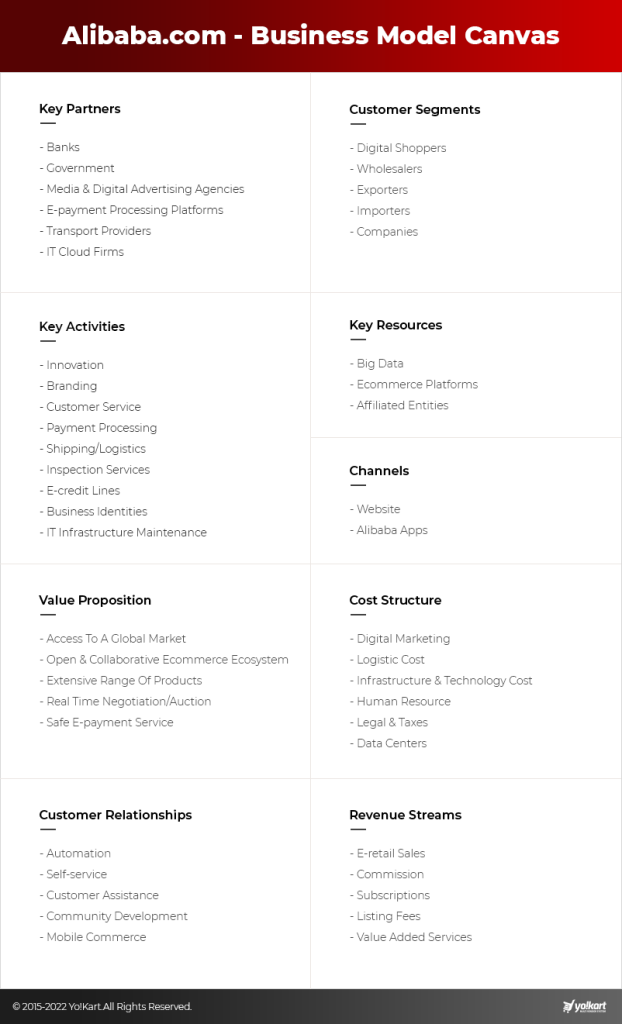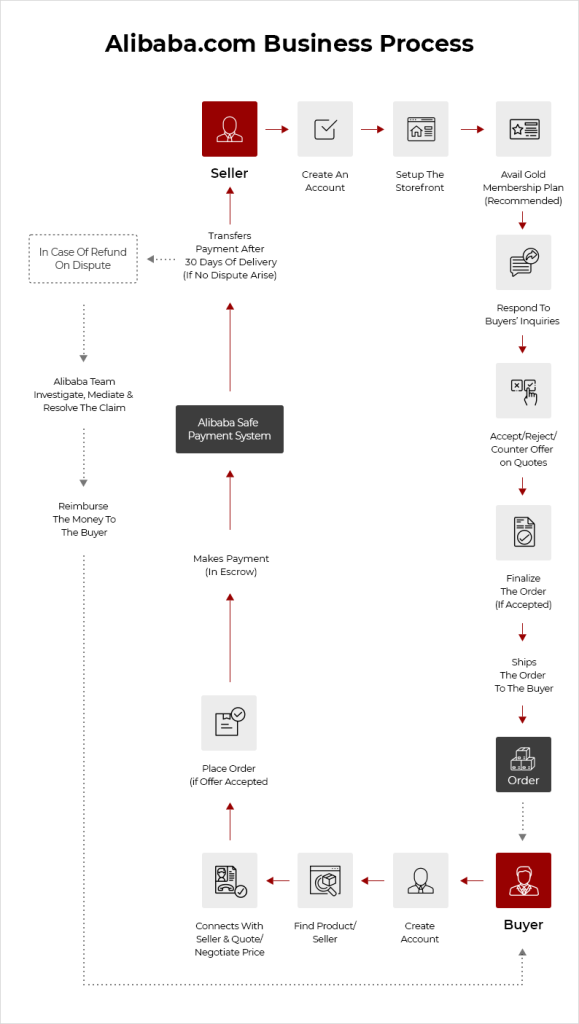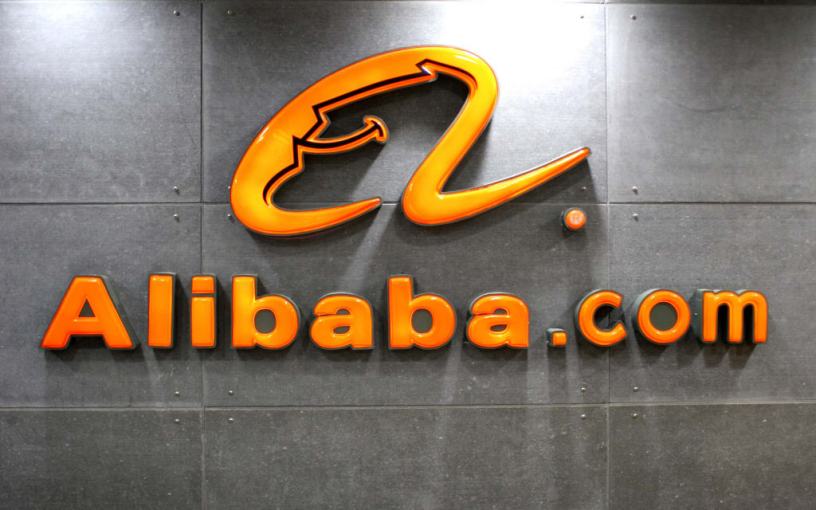Digitalization, Shift in consumer shopping preferences, and new growth avenues – there are several factors contributing to the rapid growth in the B2B eCommerce market. According to a report by Grand View Research, the global B2B eCommerce market was valued at $7.72 trillion in 2021 and is expected to reach $25.65 trillion by 2028 growing at a CAGR of 18.7%.
We are witnessing new trends with long-term implications transforming the B2B eCommerce industry. Some of the most popular trends are listed below:
- Professional buyers with B2C tendencies – The penetration of B2C eCommerce globally has transformed B2B buyers to display tendencies like B2C consumers. They expect a more streamlined buying experience such as quick delivery, omnichannel fulfillment, and more – at par with the buying experiences on leading eCommerce stores like Amazon or eBay.
- Personalized pricing options – From credit cards, preferred mobile wallets to Cash on Delivery (COD), there are several pricing options driving eCommerce growth in B2B. Personalized and local payment methods enable sellers to close more deals and provide buyers the convenience of purchasing online.
- Shorter Click-to-Consumer cycle time – Logistics has quickly emerged as a dominant factor driving consumer spending in omnichannel retail, according to a recent report by McKinsey. Hence, businesses should focus on eliminating any friction in logistics to ensure swift order fulfillment.
Despite a slightly delayed adoption to eCommerce as compared to B2C businesses, the B2B brands are now increasingly vying for digital channels to boost sales. And, Alibaba.com – the leading B2B eCommerce marketplace with millions of active users, higher Gross Merchandising Volume (GMV), and rapidly increasing aggregate revenue is a perfect platform to scale.
What is Alibaba.com?
Jack Ma (a former school teacher) and his 18 tech pioneers had a dream of building a B2B eCommerce marketplace that connected Chinese manufacturers, retailers, distributors to buyers worldwide. They created Alibaba – a globally connected and competitive ecosystem where more manufacturers attracted more buyers, and vice versa. Soon, Alibaba became a household name in China, generating significant traffic on the website both from within China as well as around the world.
Launched in 1999 by Jack Ma, Alibaba is the world’s largest B2B eCommerce marketplace headquartered in Hangzhou, Zhejiang China. It connects over 150K suppliers with 10 million+ buyers in 190+ countries, as shared on alibaba.com.
Business and Revenue Model of Alibaba
With Alibaba, Jack Ma and his team created a smart, reliable, & interconnected B2B ecosystem for Chinese businesses to interact and perform business operations with foreign traders. In return, Alibaba earns its revenue from offering annual subscriptions for sellers.

How does Alibaba work?
Essentially, Alibaba is a one-stop destination for global enterprises connecting B2B suppliers with buyers worldwide looking for wholesale products. For instance, a business can identify and connect with a manufacturer on Alibaba to produce and ship goods to the destination with ease. Since it is a B2B eCommerce marketplace, the most popular items are those that can be produced in bulk and sold wholesale to companies looking to replenish inventory. From apparel to electronics, Alibaba brings hundreds of millions of products in 40 major categories from wholesalers, manufacturers, and suppliers worldwide.
Choose suppliers from various regions to source customized products or trade services. Alibaba has over 174,000 active suppliers in 6,082 industries to help businesses discover new opportunities. The global sourcing marketplace has Chinese suppliers offering products at extremely low prices catering to businesses worldwide.

How to Build or Create an Online B2B Marketplace like Alibaba?
There are many reliable ways to create a B2B eCommerce website like Alibaba. Depending upon your requirements, you can choose one that suits you best.
Code Yourself – Developing an eCommerce marketplace demands critical designing and development skills such as creating a seamless front-end design, use of accurate theme colors, implementing all essential eCommerce features, integrating third-party APIs, and more. Website development requires a lot of coding skills and consumes a lot of time/effort, which may delay your website launch.
Hiring developers – Another way is to hire skilled developers to build a completely personalized B2B website like Alibaba from scratch. You can either hire an in-house team for all development needs or outsource your development needs to custom eCommerce development firms like FATbit Technologies. Either way, building an eCommerce marketplace from scratch will consume hundreds of thousands of development hours.
Readymade B2B eCommerce platforms – While development from scratch seems a good choice, more often than not, this isn’t a viable solution. Since each business decision has wide-ranging implications, it is critical to invest your resources and effort smartly. Choose a turnkey eCommerce platform with all essential features that empower your business to centralize operations, accelerate transformation, and reduce time-to-market. Yo!Kart B2B, Shopify Plus, BigCommerce B2B – these are some of the most popular B2B eCommerce solutions.
How to Choose the Right B2B E-commerce Platform?
While a readymade B2B eCommerce platform significantly reduces launch time yet, you must identify and choose the right platform that clearly aligns with your business strategies. There are many key parameters that can be considered during the selection process. Below we have listed a few essential considerations for business owners:
Scalability – Amid consistently changing consumer behavior, evolving technological parameters, and accelerated digitization; it is important to choose an eCommerce platform that ensures scalability and long-term growth. Scalability in B2B means staying future-ready with access to the right resources, to automate processes and swiftly accommodate growing demands.
Personalization – A customizable platform helps deliver tailored experiences to your customers, propelling growth. For instance, the ability to personalize and offer customer-specific pricing or restrict access to hide bulk pricing for guest customers improves the user experience. A customizable platform ensures personalization, improves branding, and greatly increases user engagement leading to more conversions and repeat customers.
Ease of Use – Processes in B2B commerce are often complex involving bulk transactions, partial payments, recurring business orders, and more. This is why most B2B platforms offer several advanced features (such as Request for Quote (RFQ), Bulk discounts, etc) to streamline negotiations and facilitate B2B transactions. While these features do add value, they shouldn’t come at the cost of convenience.
Flexible Payment Options – Unlike traditional B2C commerce, the transactions in B2B trades are much higher. These transactions often involve bulk purchases on a recurring basis instead of once-off smaller purchases. Hence, the ability to pay partially and via preferred payment method (including COD) is a must-have feature for a B2B eCommerce platform.
Trusted and Reliable – A trusted and well-recognized eCommerce platform is one that is widely popular among entrepreneurs, SMBs, as well as large-scale enterprises. Often the quality of projects delivered, worldwide clientele, and ratings on popular review sites can be a good indicator to help you decide. Look for reviews on sites like G2/Capterra, browse through their existing/past projects, and check for complete details on the platform before making an investment.
Essential B2B eCommerce features – Minimum order quantity, bulk pricing/discount feature, Request for Quote module, and multiple payment options are some of the essential eCommerce features for a B2B marketplace. Before you decide on your B2B marketplace solution, make a checklist of all essential eCommerce features on your selected platforms and compare. This will give you a better idea.
Conclusion
Millions of B2B brands are eyeing opportunities in the digital space to capture the growing eCommerce market segment with a global valuation exceeding trillions of dollars. The potential opportunities are tremendous for a B2B marketplace looking to start/scale operations. Choose Yo!Kart B2B Marketplace Software – a turnkey, secure, and feature-rich B2B eCommerce platform to launch a scalable B2B eCommerce website like Alibaba. The multi-vendor platform powers many popular B2B marketplaces like UNI Diamonds, Bozinga.com, and more.
—————————
Originally published at https://www.yo-kart.com/blog/

